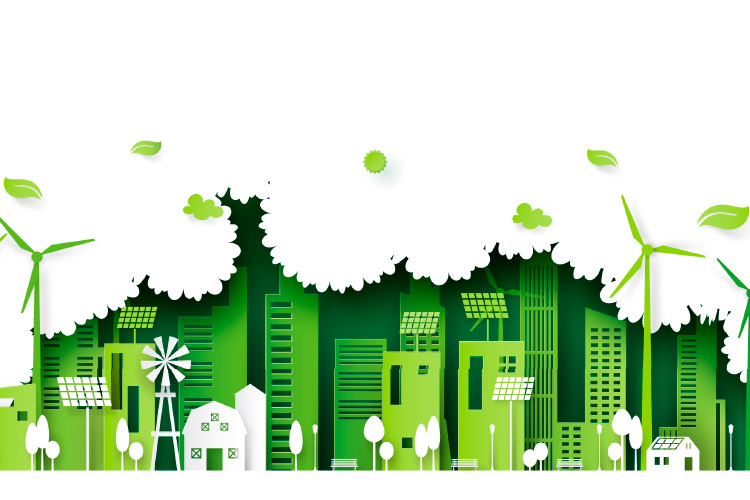Arania, the green steel pioneer in southern Europe
Arania keeps the pace with the European Green Pact. The strategic partnership agreement for the supply of green steel with Salzgitter Group ensures the receipt of a specific tonnage of zero C02-emission steel. Instead of the traditional steel production process, this project relies on hydrogen and sustainably sourced energy to replace carbon. As a result of this pioneering collaboration, Arania will be the first steel processor in southern Europe to fulfil market needs with zero-emission steel products.
For Arania, the decarbonisation of the steel industry remains a priority. By using materials such as green steel, it is now possible to move closer to this goal. We refer to green steel as steel produced using CO2-emission free processes, renewable energy and industrial techniques eliminating the use of coke carbon and, therefore, preventing the release of CO2 into the atmosphere.
Utilisation of steel with zero CO2 emissions is a fundamental objective in Arania’s long-term operational plans, a priority that has lead to a historic collaboration agreement on green steel signed with the Salzgitter Group, one of the most relevant corporation in the steel industry, certified and approved steel producer and leader in the technological change involving the manufacture of green steel with zero CO2 emissions.
In our earlier article Environmental protection and sustainable mobility: a step forward for Arania, we mentioned the strategic significance behind the arrival of the first hot-rolled coil, with its raw material coming from the SALCOS® (Salzgitter Low CO2 Steelmaking) programme run by the renowned German industrial group.
This project focuses on the use of hydrogen as a reducing agent to replace carbon, as well as the use of energy from sustainable sources, in contrast to the traditional steel production process. As a result, Arania becomes the first steel processor in southern Europe to meet the market needs with green steel products manufactured with zero CO2-emission, guaranteeing the highest levels of quality in terms of input material and supply performance. The partnership with Salzgitter Group ensures the receipt of a specific tonnage of green steel from late 2025 onwards.
With this major financial and strategic investment, Arania will succeed in producing the high quality steel required for its processes in a sustainable way, while strengthening the company’s values on sustainability and the commitment to fight against climate change.
This makes green steel a priority within the strategy that aims to consolidate this kind of agreements between Arania and its suppliers, as it will allow to transfer all the added value resulting from the conversion of our industry towards a more sustainable steel production to our partners, collaborators and clients.
The “Fit for 55” programme consists in a package deployed by the European Union and designed to cutting greenhouse gas emissions by 2030. The steel industry generates 27% of the world’s CO2 emissions from all industrial activity, and accounts for 7% of total man-made emissions.
The “Green Steel for Europe” project assists the EU in achieving the 2030 climate and renewable energy goals, and its long-term strategy for a climate-neutral Europe by 2050, with effective solutions for the production of “clean” steel. Broadly speaking, this project aims to develop a technology roadmap and define medium- and long-term scenarios for the decarbonisation of steel industry, analysing financing options and assessing the potential economic, social, environmental and industrial leadership impacts.
The transition towards a sustainable steel industry will drive deep changes in many sectors, especially in the automotive industry, which is also experiencing a tectonic shift towards vehicle electrification. It is necessary to review technologies and the product portfolio: moving to the electric vehicle implies drastic changes in different stages of the automotive steel value chain, such as in mature technologies like propulsion systems (engine parts), emission management components, drives, gearboxes…
Global steelmakers have already launched all sorts of major investments to achieve climate neutrality by 2050. However, European steel leaders estimate that steel production costs will increase to ensure the required CO2 emissions level by 2050, mostly driven by the need for huge investments in plant upgrades. We will keep you posted…
